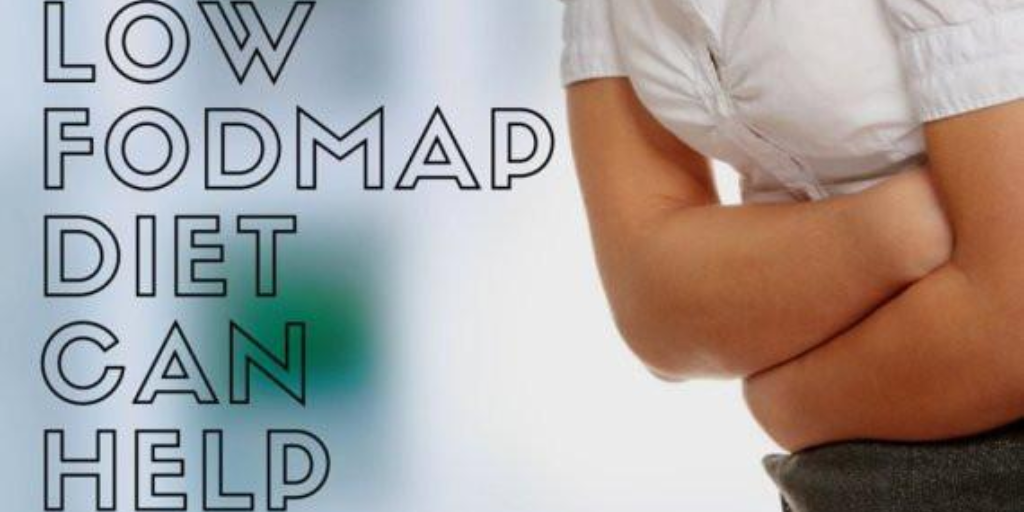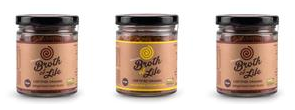Offer
Provide additional details about the offer you're running.

Written by Andrew Heyne.
Modern medicine is a bit funny to me – if you go to the doctor complaining that you have insomnia, no matter who you are, where you’re from, or what lifestyle you live, you’ll generally get the same “medicine” for your problem.
For most of us now, that’s a sleeping pill.
… Can’t sleep because you just got a divorce and can’t stop thinking? Sleeping pill.
… Can’t sleep because you are malnourished and are nutrient deficient? Sleeping pill.
… Can’t sleep because you are depressed? Sleeping pill.
… Can’t sleep because you’re in physical pain? Sleeping pill.
… Can’t sleep because you just moved across the world and aren’t used to your new surroundings? Sleeping pill.
But if we dug a bit deeper, we might realize that the person going through a divorce really needs to be around friends and family to see improvement.
Or that the malnourished person needs to start.
Or that the depressed person needs to change jobs and build a better support network.
Or that the person in chronic pain needs to go start doing yoga.
Are you following me? For many of us with ongoing health issues, the fix may not be quite that simple (e.g. a sleeping pill), and you may need to experiment with a number of things to find relief – or even a combination of things.
As someone who has been through my own chronic health issues, I know it can be crazy overwhelming wondering where to begin.
So if you have no clue where to start – this is a great spot.
This is the one test all of you should be doing.
FODMAP stands for fermentable, oligo-, Di-Mono-saccharides, and Polyols – in other words five main categories of carbohydrates and alcohols that are not well absorbed by the small intestine depending on the person.
Why do you need to care about these little buggers?
Because research has shown that the removal of them can dramatically help IBS sufferers or those of you with digestive problems.
In one study, scientists wanted to see what effect removal of these FODMAP foods would have on IBS symptoms.
The patients in the study removed the FODMAP foods for four weeks, and then stool samples were taken (Boy that’s fun…) to analyze levels of the gut bacteria. After the four weeks, 68% reported an improvement in symptoms, compared to 23% in the control group.
Another study done to test the effectiveness of the removal of FODMAPs show marked improvements in the group that removed FODMAPs. Overall, (76%) reported improvement compared to the control (54%,) Also, significantly more patients in the low FODMAP group compared to the standard group reported improvements in:
… In other words, FODMAPs work!
FODMAPs are present in the following foods:
… Okay, now what?
A couple of different groups of people:
A. Anyone with IBS. The studies I cited above suggest eating a low FODMAP diet can help improve symptoms.
B. People with mystery digestive problems that just won’t go away.
C. People with persistent health problems – there’s quite a lot of research linking several chronic health issues to gut problems.
Here’s the experiment to try out:
Eat a low-FODMAP diet. So, minimize the intake of the foods I listed above (even if just for a limited period, like two weeks to a month) and measure how your digestive health is doing (gas, bloating, discomfort, bowel movements, etc.).
I would suggest removing as many of these as possible at first – which can seem like a lot, I know – and then gradually start adding back a few things each week to see if they cause any sort of reaction upon reintroduction.
This kind of experiment can seem pretty spartan at first, but it’s one of the main tried-and-true methods for finding food allergies and potentially curing gut and digestive issues.
What about you? Do you have IBS or digestive problems? Have you tried a low FODMAP diet? Share below.
